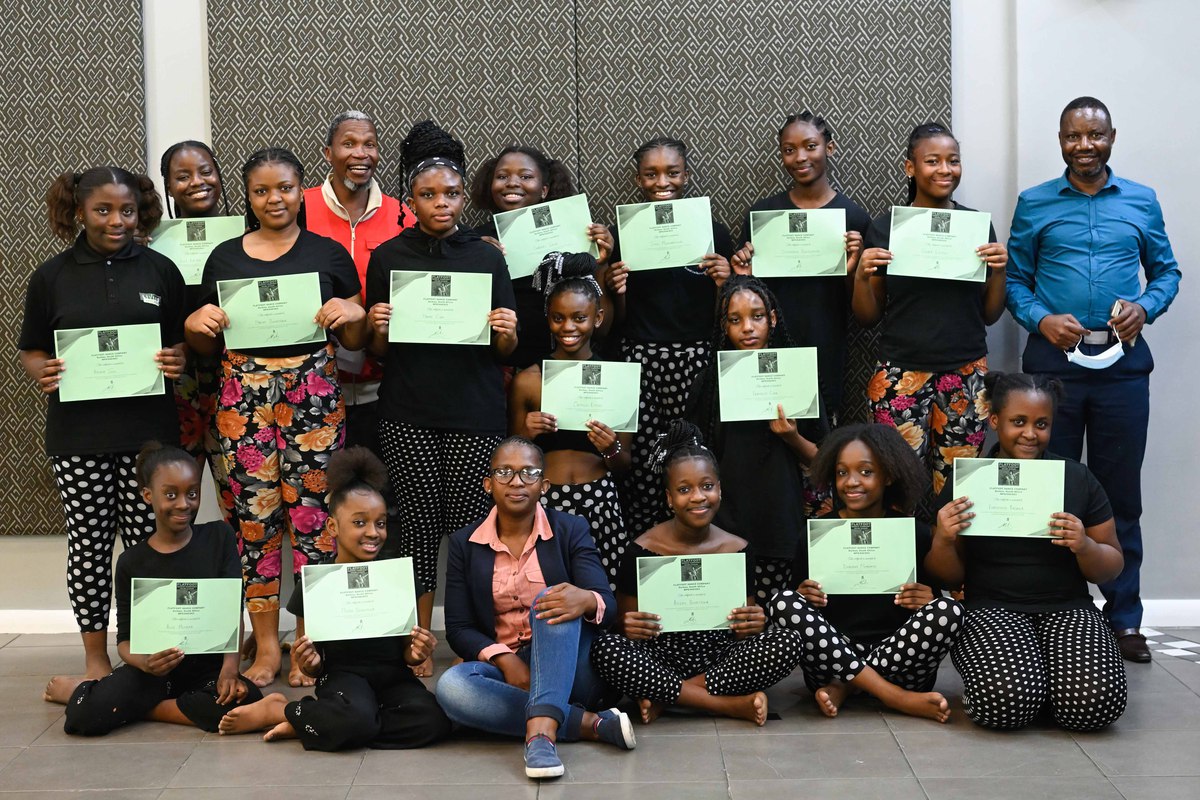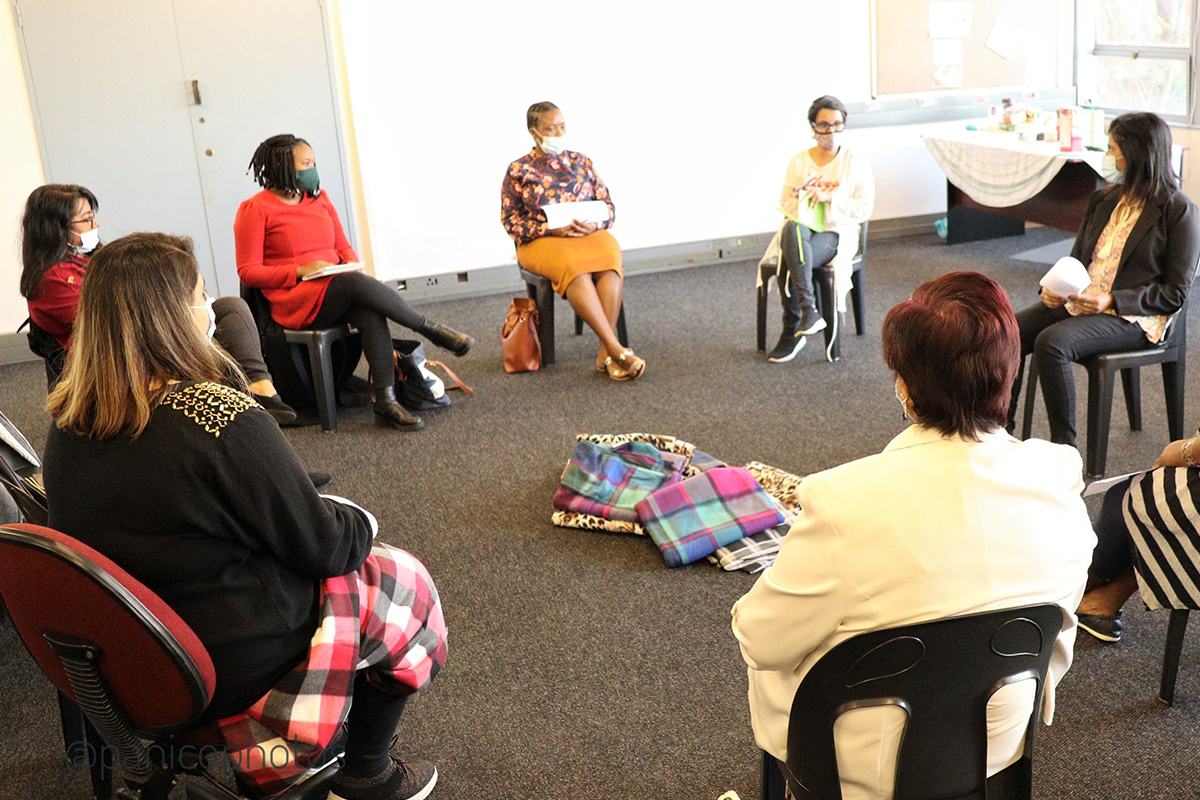The South African Depression and Anxiety Group (SADAG) is a Johannesburg-based mental health not-for-profit organization established in 1994. The organization provides various health services. These include a 24-hour helpline, and “support, counseling and referrals to the South African population across all aspects of mental health, including suicide prevention, grief, substance abuse and HIV/AIDS”. The organization engages in patient advocacy, as well as psychosocial training with various stakeholder groups including schools, religious institutions, health professionals, and the South African Police Services.
The KwaZulu-Natal branch of SADAG (SADAG KZN) received a multi-year core grant through Global Affairs Canada’s Women’s Voice and Leadership Program for the implementation of its Mental Health and Gender Initiative (MHaGI).
SADAG KZN argued in its grant application that mental health is an overlooked but central pivot for the advancement of the feminist agenda in South Africa, because women “carry an unfair burden of psychosocial problems, due to the gendered nature of health inequalities and the often sexist and racist roots of the social determinants of health”.
SADAG cited available evidence that demonstrated that women and men tend to experience distinctive mental health challenges and that a differentiated approach is therefore required. This includes the South African National Mental Health Policy Framework and Strategic Plan 2013 to 2020, which claims that South African women are at an increased risk of developing depression and anxiety disorders, while men are at an increased risk of developing substance use disorders. According to the World Health Organization (WHO), depression is the single most common mental health problem faced by women. Furthermore, anxiety, psychological distress, and sexual- and domestic violence are more likely to affect women than men in most contexts.
SADAG also cited local research showing that women in marginalized communities often struggle to address their mental health needs due, inter alia, to poor service delivery and low mental health literacy. A study of 387 antenatal female outpatients at a hospital in Durban (the city in which the supported MHaGI project is being implemented) found that 38.5% of these women suffered from depression, and that 38.3% had thought of suicide in the preceding seven days.
Accordingly, the MHaGI project focuses on the intersection between mental health and gender, and seeks to improve access to mental health care at the community level. The MGaHI project consists of 10 components including research; media monitoring; community-based support groups; interventions to support women and girls from refugee communities; psychosocial support groups for youth; support for members of the LGBTQIA+ community; maternal mental health; and the ‘Share your Story’ component on the lived experience of mental illness.
The MHaGI project is ongoing, and this article focuses only on what are currently considered to be the four most successful components of the project. These include work to support women and girls from the refugee community; maternal health; and an initiative to reduce the stigma associated with mental health challenges. Briefly,
- Twelve women refugees received sewing machines and sewing lessons through the Refugee Women’s Sewing Group component. This component provided psychosocial support through social connection and monthly support groups, and facilitated economic empowerment by, as a SADAG representative explained, “setting up the foundations for sustainable businesses”.
- Fifteen refugee girls received psychosocial support through a peer mentoring youth group. They also attended weekly dance lessons provided by the Flatfoot Dance Company. The aims of the intervention were to improve peer relations, social connection, self-confidence, mental health, and dancing skills. Feedback from the young dancers suggests that these aims were achieved.

- The Mum’s Support Network implemented the maternal mental health component of the project. It included an online post-natal depression support group; a webinar on maternal health targeting mothers; a webinar to capacitate healthcare workers focusing on recognizing pre-and post-natal depression and resources for referral and treatment; and a webinar for university students from relevant faculties (e.g., medical, psychology, and social work). The Network also conducted in-person sessions in indigent communities, but language and cultural barriers limited the effectiveness of these sessions.
- The ‘Share Your Story’ component sought to create advocates for mental health who could challenge the stigma associated with mental illness. To this end, 16 women with lived experiences of mental illness participated in workshops. At the workshops, women ‘shared their stories” through poetry, drawing, photovoice, self-reflection and writing exercises. SADAG KZN is using this data to compile a multi-media book that uses QR codes to give readers access to audio-visual material of each woman reading her poem. The book, titled ‘This Is How We Mend Our Bones’, will be launched in July 2023. SADAG KZN believes the ‘Share Your Story’ intervention made a positive impact on the women who attended and on the mental health of the wider community. They report that participants were empowered; that five are now running support groups; and that most have become champions for other women in their communities.


